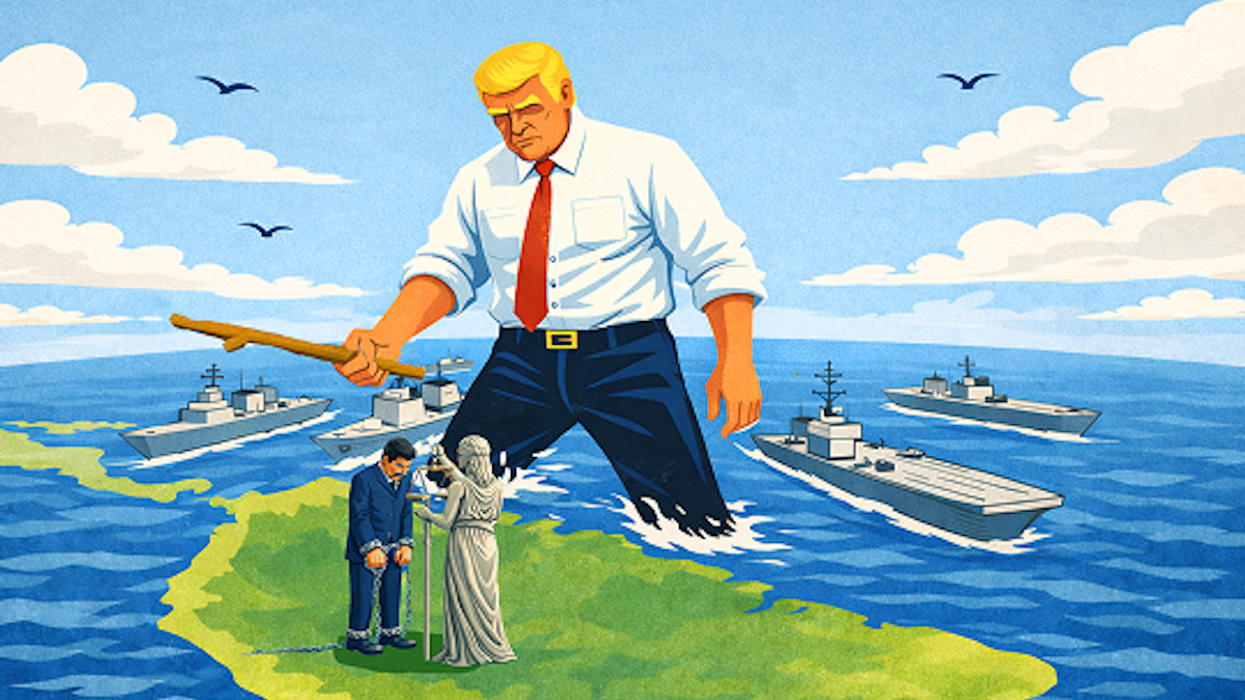191,603: While the immigration crisis at the southern US border has commanded significant attention in recent months, the northern border with Canada is becoming more popular with asylum-seekers, undocumented migrants, and human traffickers. In 2023, officials recorded 191,603 encounters with people crossing into the United States via Canada without papers, more than 40% higher than the year before but still less than one-tenth the volume along the US-Mexico frontier.
60 million: Canada pledged to send Ukraine $60 million in support for F-16 jet maintenance and ammunition. The move, part of a larger $500 million pledge made last spring, comes as congressional infighting, public fatigue, and election jockeying continue to hold up tens of billions of dollars worth of fresh support for Kyiv from the US.
30: Given where gas prices are these days you wouldn’t think it, but global oil giants like Shell, Exxon, Chevron, and Total are carefully preparing for the possibility of another oil price crash, beefing up their production at newer oil fields that are profitable even if oil prices plummet to $30 a barrel. As of this writing, that was less than half the price of a barrel, which is hovering around $75.
6: The Ontario government has canceled a pilot program in which people’s IDs would have been scanned at the entrances to six Toronto-area liquor stores. The program was meant as an experiment to find ways to boost security at liquor stores, but it immediately generated privacy concerns, since the data would have been held in government systems for 14 days.


















